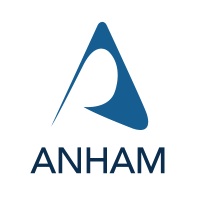
Rhenus Logistics Nederland
The Rhenus Group offers logistics services worldwide and has an annual turnover of € 4.8 billion. The group has more than 28,000 employees worldwide, spread over 580 locations. The Rhenus divisions Contract Logistics, Freight Logistics, Port Logistics and Public Transport manage complex supply chains and offer a wealth of innovative services that add value.